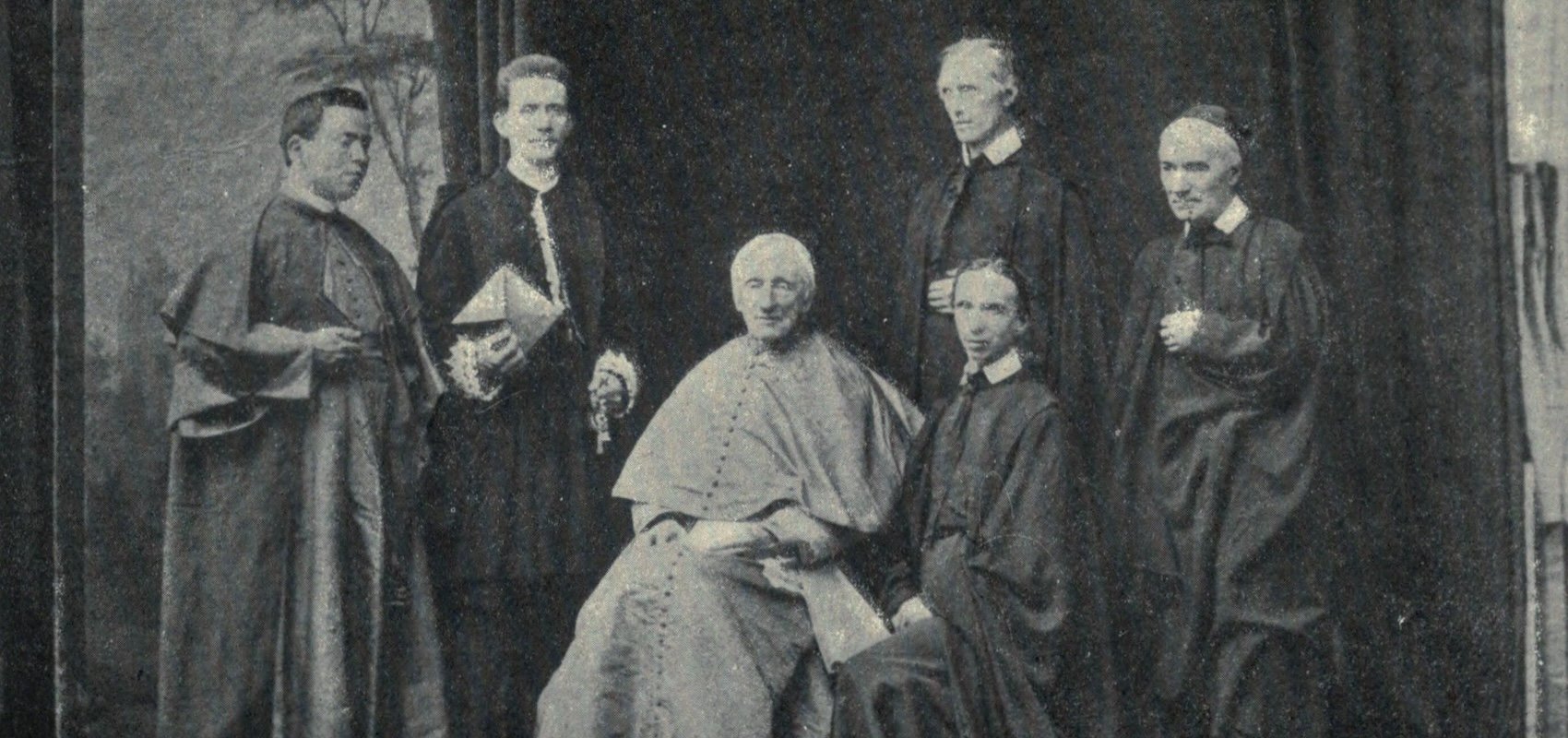© 2025 First Things. All rights reserved.
Even as I was writing my column on the irrelevance of mainline Christianity two weeks ago, the Church in Wales was providing yet more evidence of the self-inflicted nature of this problem. It announced that the new archbishop would be Cherry Vann, the first woman, indeed the first woman in a same-sex relationship, to hold the position. No doubt her appointment will be seen as making the church more inclusive. The irony is that the more inclusive the church is in theory, the less people it includes in real life. Vann stated just a year ago that congregations of the Church in Wales “have few if any members under 60: the life of the Church doesn’t look sustainable beyond a decade or so.” The idea that churches can attract congregants by conforming its life and message to the political tastes of the day has not succeeded. And yet church leaders press on with the dissolution of Christian distinctives in the apparent hope that capitulating to just one more aspect of cultural taste will reverse the decline. There is no cure for stupid, as the saying has it.
By contrast, a week after the Vann announcement, the Church Times published a refreshing and clarifying excerpt from a lecture delivered by Sarah Coakley, former Norris-Hulse Professor of Divinity at the University of Cambridge. Addressing the Littlemore Group—an association of priest-theologians and religious committed to the integration of prayer, worship, and theology at the parish level—Coakley urged parishes to return to serious theology. Pushing back against theology diluted by identity politics, Coakley called for a recovery of dogmatic faith, which finds expression in the best liturgies and directs the congregants’ imaginations toward the transcendent questions of human existence. As she expressed it:
Such theology must compel us both intellectually and affectively; it must draw the many dimensions of our fragmentated and threatened lives into a whole; it must give us true joy and realistic hope. It must be preached, and it must be taught, with equal verve and focus (and there is so much work, and necessary improvement, to be done here in the preaching area). And it must make demands on us, because here we are poised between “life and death contending”: what else would we expect, we must insist, if this is indeed the life-changing affair of Christian commitment, “costing nothing less than everything”?
Serious theology and serious worship for ordinary people wrestling with life in this fallen world: what a simple, yet profound, proposal.
Littlemore, of course, is the parish associated with another name that returned to headlines in the last few weeks: John Henry Newman. It was here that Newman lived with a group of friends from 1842 to 1846, the period after the scandal caused by his Tract 90. It was here that he wrote on the development of doctrine, and here that he decided to join the Catholic Church.
Pope Leo recently indicated his intention to name Newman a Doctor of the Church. I confess that, as a Protestant, Newman is one of my guilty pleasures. Not only was he a rigorous theological thinker who tackled the deepest questions of the faith, he was also one of the great prose stylists of the nineteenth century. And central to his faith, something which I have found most helpful, is his conviction that Christianity is nothing if it is not dogmatic. The faith is not an expression of the religious consciousness of the community. Still less is it a function of the political tastes of those trying to use the Christian community to gain earthly power. It is the dogmatic expression of supernatural truths about God and man as his creature. Newman declared in his Apologia Pro Vita Sua: “From the age of fifteen, dogma has been the fundamental principle of my religion: I know no other religion; I cannot enter into the idea of any other sort of religion; religion, as a mere sentiment, is to me a dream and a mockery.”
Any reader of Newman’s sermons on the Incarnation can see this conviction in action. And we should take note: Who wants to waste Christian language on comparative trivia when the glories of the infinite God revealed through finite flesh are the real business at hand? The political therapeutic deism that now characterizes elements of the professing Christian world is, to repeat Newman’s phrase, a dream and a mockery.
The message of Newman, and more recently of Coakley, is one that churches need to take to heart. An instrumentalized gospel, a Christianity reduced to the political exigencies of our cultural moment, is doomed to failure. Perhaps there is reason to hope here. To have a distinguished mainline theologian such as Coakley issue a call to dogmatic arms at a parish level is encouraging. And Leo’s declaration suggests that the new papacy will not be as intellectually or dogmatically vacuous as that of his predecessor.
The suicide note that is cultural inclusivity cannot be discounted yet. The Church in Wales has made that very clear. But there are at least some formidable figures in the Christian world who have not only identified the problem, but also prescribed the cure.
Carl R. Trueman is a professor of biblical and religious studies at Grove City College and a fellow at the Ethics and Public Policy Center. His most recent book is Crisis of Confidence.
Create an account below to continue reading.
Or, subscribe for full unlimited access
Already a have an account? Sign In
© 2025 First Things. All rights reserved.
Defend religious voices in the public square today.
support FIRST THINGS
Consider a gift to America’s most influential publication of religion and public life.
Defend religious voices in the public square today.
support FIRST THINGS
Consider a gift to America’s most influential publication of religion and public life.
